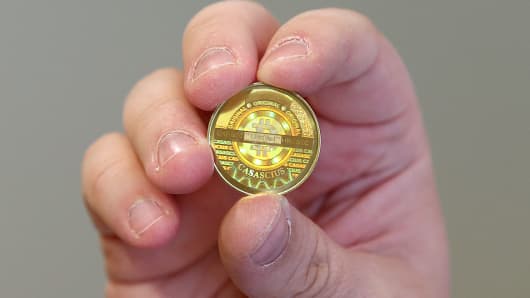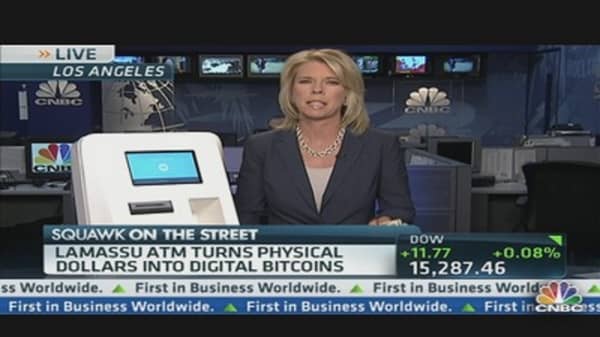Mt. Gox, the world's biggest Bitcoin exchange, announced on Thursday it had altered its code of conduct, meaning now users must now verify themselves to perform any currency deposits or withdrawals.
"Beginning May 30, 2013, all Mt. Gox user accounts are required to be verified, in order to perform any currency deposits and withdrawals," said Tokyo-based Mt. Gox, in a press release on its website.
"The Bitcoin market continues to evolve, as do regulations and conditions of compliance for Mt. Gox, to continue bringing secure services to our customers. It our responsibility to provide a trusted and legal exchange, and that includes making sure we are operating within strict anti-money laundering rules, and preventing other malicious activity."
Bitcoin users expressed their opinion on Mt. Gox's Facebook page after the announcement, expressing a mix of delight and anger.
"This is good, every improvement of security is good," Martin Wiszczor wrote. However, Greg Fultz vented his frustration in the same post. "So much for unregulated currency," he said.
Bitcoin is a virtual currency that allows users to exchange online credits for goods and services. While there is no central bank that issues them, bitcoins can be created online by using a computer to complete difficult tasks, a process known as mining.
(CNBC Explains: Bitcoin)





